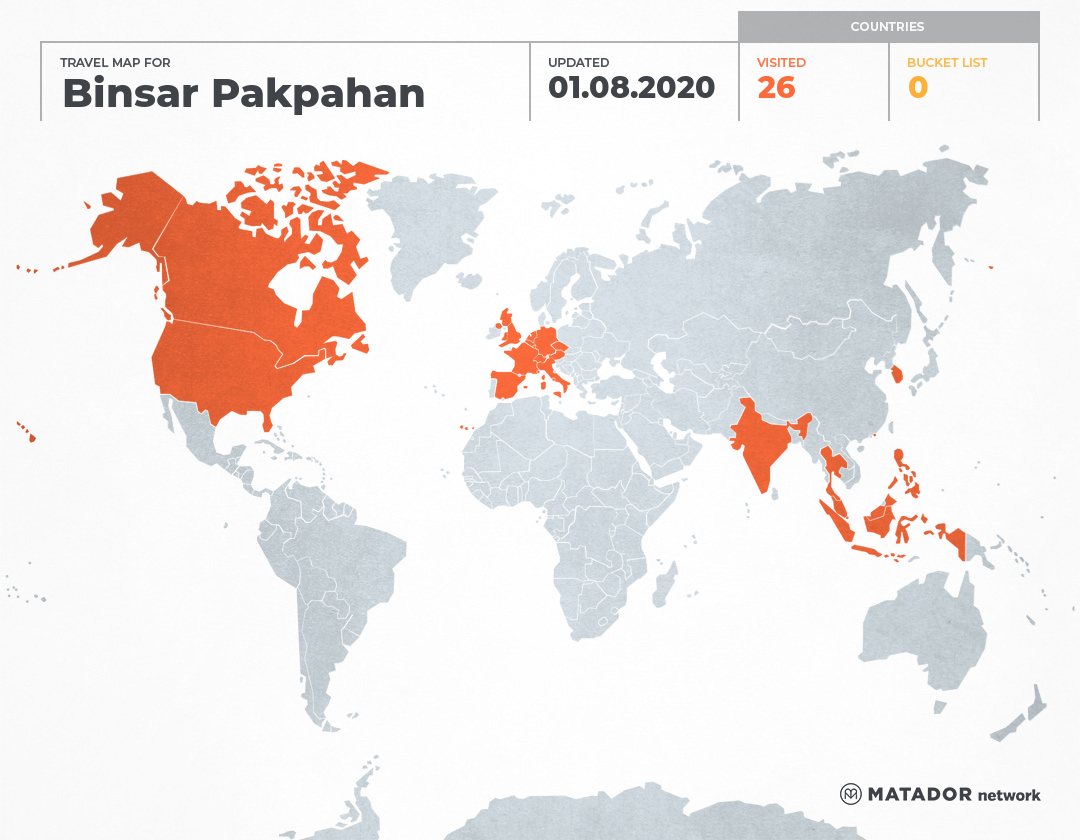I’m writing my theological reflection in English intentionally, for the younger generations, the millennials, or the young at heart, who are probably wondering of the meaning and impact of the Assembly. I am here representing the Yayasan LPTTI from STFT Jakarta as ecumenical partner, not a voting delegate. My reflection does not represent any church or organization.
Sumba Timur, is one of the poorest areas in NTT province. 30 percent of the 249k of the people made only Rp. 330k per month or less. The average income per capita in 2020 is predicted to be 25 mil rupiah. Yet, somehow, they asked the assembly to come here. They made a bid 5 years ago in Nias, and won. Why?
An Assembly as such brings guests who otherwise wont visit Sumba. They want to welcome guests and at the same time to introduce Sumba. An Assembly brings infrastructure improvements as well. The local government would try to improve their paved roads, electricity, airports, new toilets, hotels, and some new restaurants. The central government will instruct some improvements on the local facilities. Connections will be made with the locals directly. I have had several meetings with some locals, on how we would offer some help to them. So, it is like, come and visit us, have a good impression of us, and tell the world about us. As you probably know by now, a lot of people are talking about Sumba. Sumba is getting more attention, along with their beauty and problems.
Sumba is a beautiful place filled with contradictions. When you stepped out of the plane, the heat welcomes you. It’s intense. You’ll get use to it in a couple of days though. Immediately you will see dry lands everywhere, yet, livestock are quite in good condition and Sumba produces livestock for the rest of the country. They produce beautiful kain tenun, which could get to an exorbitant price, up to 7 mil (rumor has it, the price of the tenun that pak Yasonna and pak Luhut wore), and a lot of the guests bought them, as I did. The people are very kind, I stayed in one of the houses of the congregation members. I had a lot of time talking with Bapa and Mama at home, about their dreams, family, politics, etc.
Everyday we are served with meat, at least two dishes of meat with rice and vegetables. Sometimes, we have fish. However, the Sumba sisters and brothers got together and pulled off the work, they did it very well. Obviously there are improvements that can be made, but the people got together. That is what matters the most.
However, what does the Assembly discuss? PGI is not a church. We are the communion of churches in Indonesia. With 2 synods as the most recent approved members, PGI have now 91 synod members. The total number of membership of the 91 synods reached 17 mil people out of the 8,3% of Protestants in Indonesia. It is a significant number, and could well be a representation of the majority Protestants. The Assembly takes the theme of “I am Alpha and Omega” (Rev. 22:12-13). We discuss the theme at great length, about what does it mean that God is the beginning and the end. We also hear reports about issues from all over Indonesia: military force in Papua, human rights, ecology, poverty, trafficking, millennials, churches being closed, economy, politics, intolerance, etc. A lot to discuss. I feel that we did not have enough time to cover all the important issues. Everybody tried to raise their local issues, because the Assembly will create programs trying to answer the theological and real challenges of member churches and Indonesia in general. That is why the Assembly is important, as it will generally give directions to the churches and their programs for the next 5 years.
If you ask me, how effective is the Assembly?
It depends. It always comes back to the churches themselves. I already mentioned that PGI is not a church. The churches themselves are the ones that have members. Ideally, PGI coordinates the moves of the churches especially for national issues, opens talks with the government, brings attention to issues, and if possible brings the churches to come to an understanding of what is Christian theology for dealing with the Indonesian context: what it means to being a Christian. The churches still need to implement the decisions together, if we want to have a big impact on the people.
However, the talk about the last part is very difficult to achieve because we come from different theological mission bodies and context. We just have to get a common understanding, which is the name of the theological document that the PGI produces. We have to have the humility that we have different theological understanding of different issues. So, when you expect something such as a “common statement of faith,” you would be dissapointed because it will not happen, at least not for the near future. What we can design is a place of listening to each other, and planning actions of how we could help each other as sisters and brothers in Christ. In other words, moving together.
Some people think that the talk about who should become the new leaders of PGI is not important, because some people might be informed that it is all that we talk about here. It’s partly right and also wrong. The leadership will definitely defines the direction of the churches participation at a national level, especially with the looming threat of the intolerance movements. We need leaders who could, not only having the understanding of the Indonesian context, churches histories, cultures, but also well-connected, with good managerial skills, entrepreneurship, and a friendly face to lobby church leaders for a common action and understanding, but strict enough to send protests and warnings to different groups when issues at a national level come up. That’s a tough position to fill. So, it is only natural if people who has the right to vote will talk about who they should choose as the next leadership. However, we are not only talking about the leadership, especially for delegations that really what their voices to be heard. You see people aligning up for their 3 minutes of comments and inputs. They want to voice their concerns. I learnt a lot of Indonesian issues from them. We went to group discussions, meetings until late, have a few minutes of talking to other church leaders for church to church cooperation, lobbying about cooperation that we could start, or about doing mission work in different parts of Indonesia. So, yes, we did talk about leadership, but no, that is not all we talked about. Oh, and have I mentioned about the heat?
I hope whoever becomes the next leaders of PGI would work, not only for ceremonial events of opening a church assembly, or meeting with the state officials, but really make the connection between churches, open networks, and while at the same time think about what the churches need to anticipate in their ministry. I pray for the leadership, for the members, you have a tough job, and will receive less praise but more critics in everything that you do. Please work diligently, with God’s help, and humility, serve the tasks that the Assembly sets forth for the next 5 years.
As for us, what can we do? For fellow young people, or young at heart.
Please realize that Indonesia is such a huge country, with different problems and context. Listen to each other, be part of different ministries, theological conversations, lobbies, economical cooperation, mission work, as part of a common movement of Christians. Please look beyond your own issue and agenda, let’s get our act together and work to implemet ideas, for God is Alpha and Omega. We are nothing but a short in-betweens, trying to fit ourselves to the grand cosmic time while not ruining it for future generations.
#sidangrayapgixvii #sumba #sumbatimur #reflection #theological #theologicalreflection
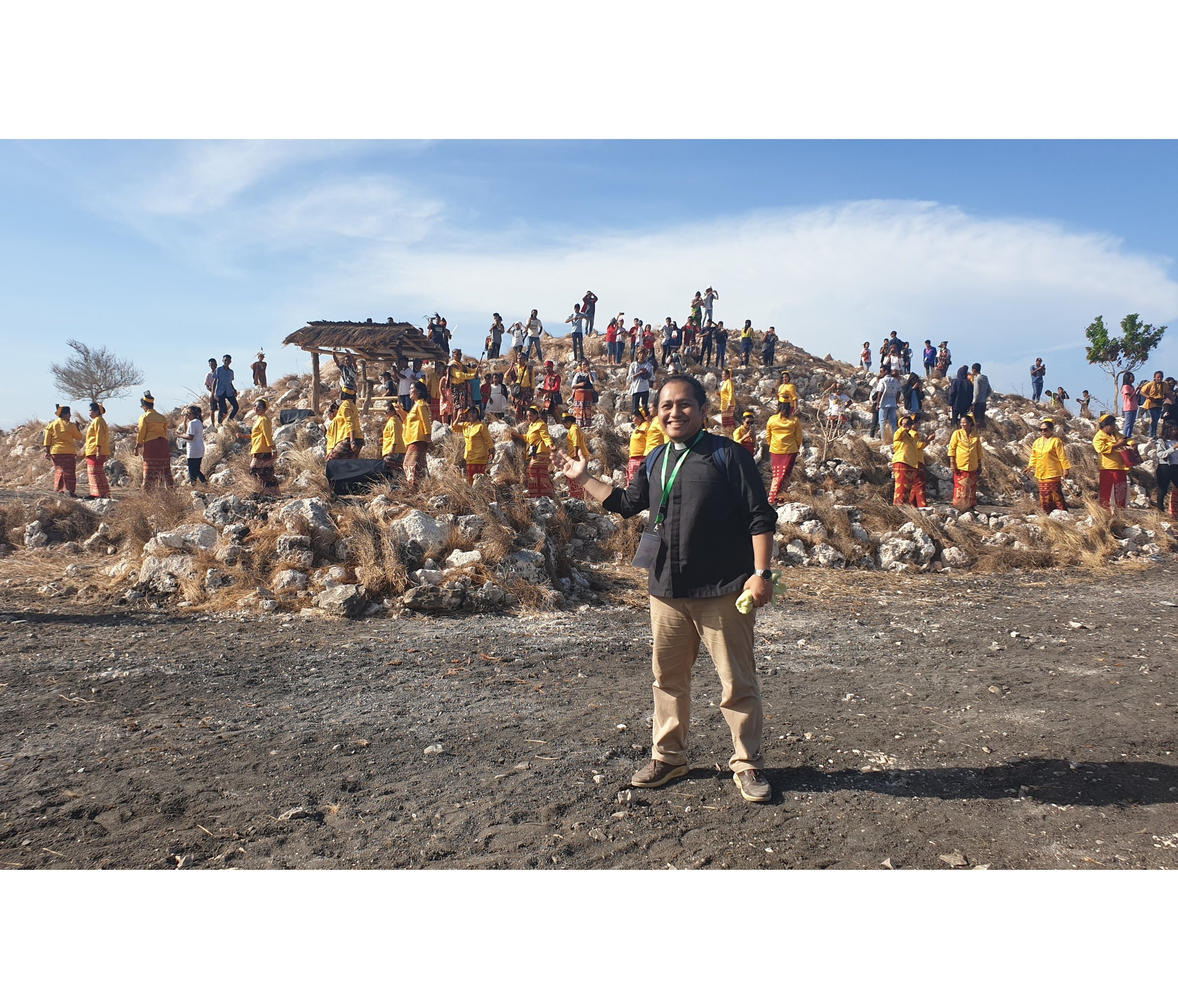
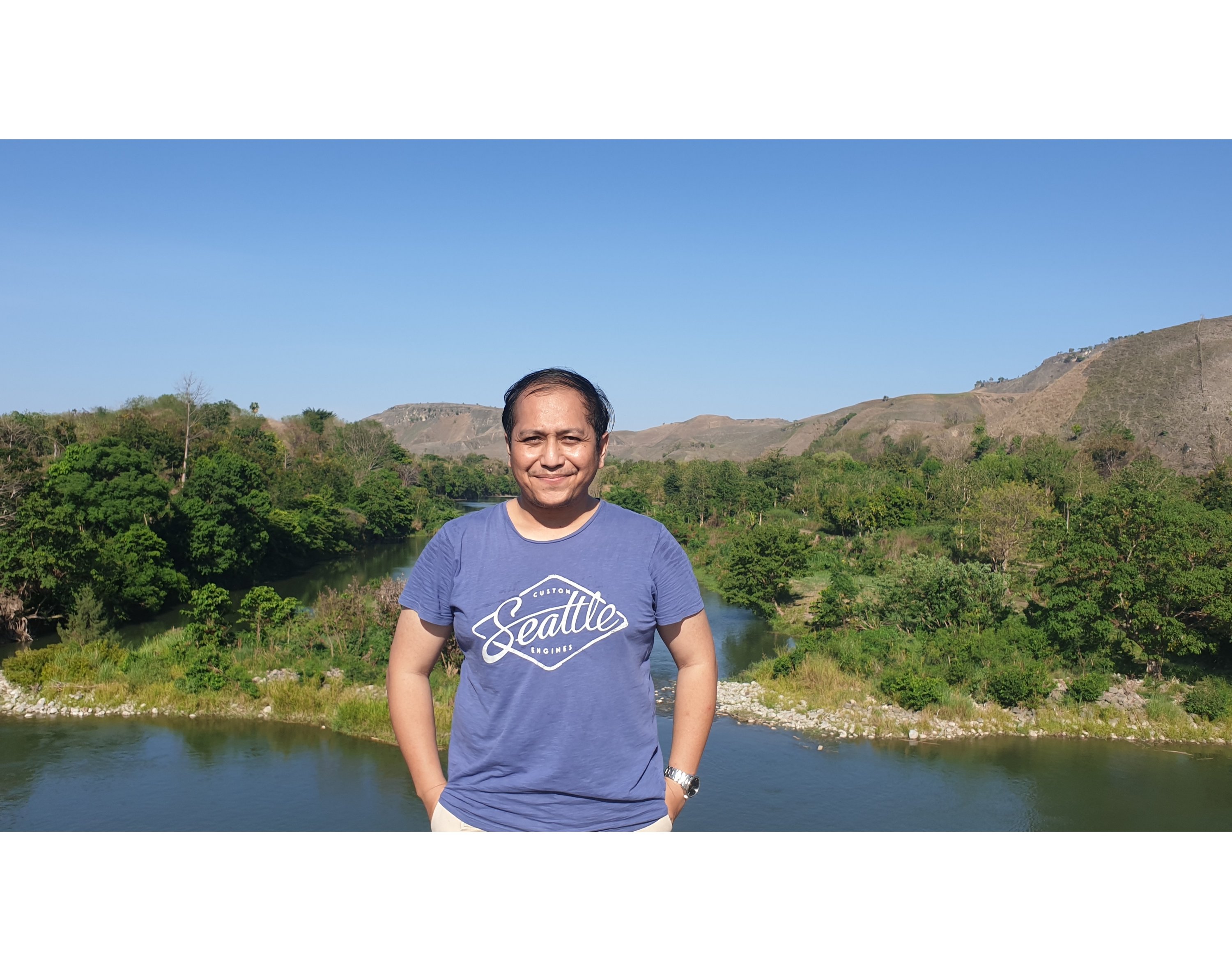
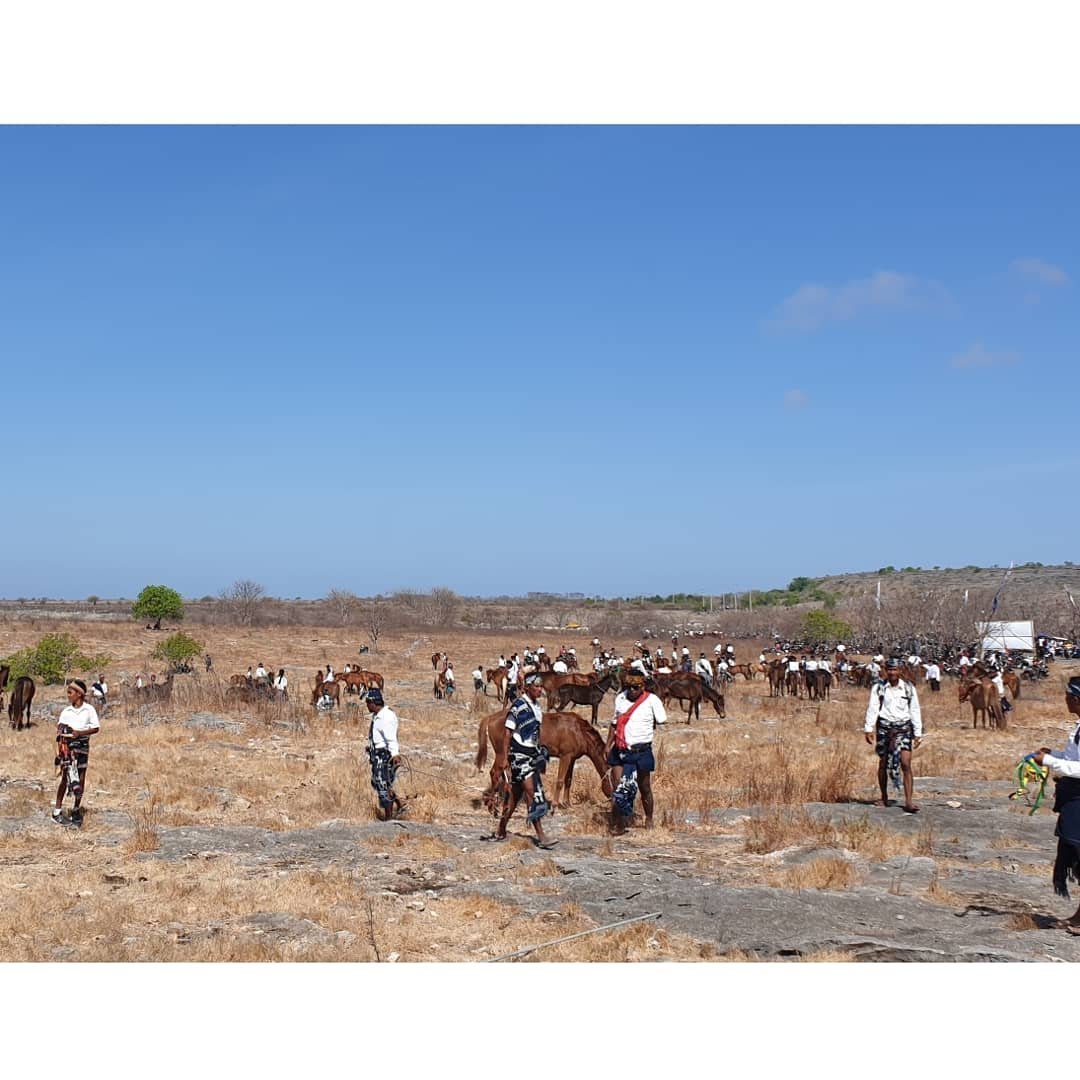
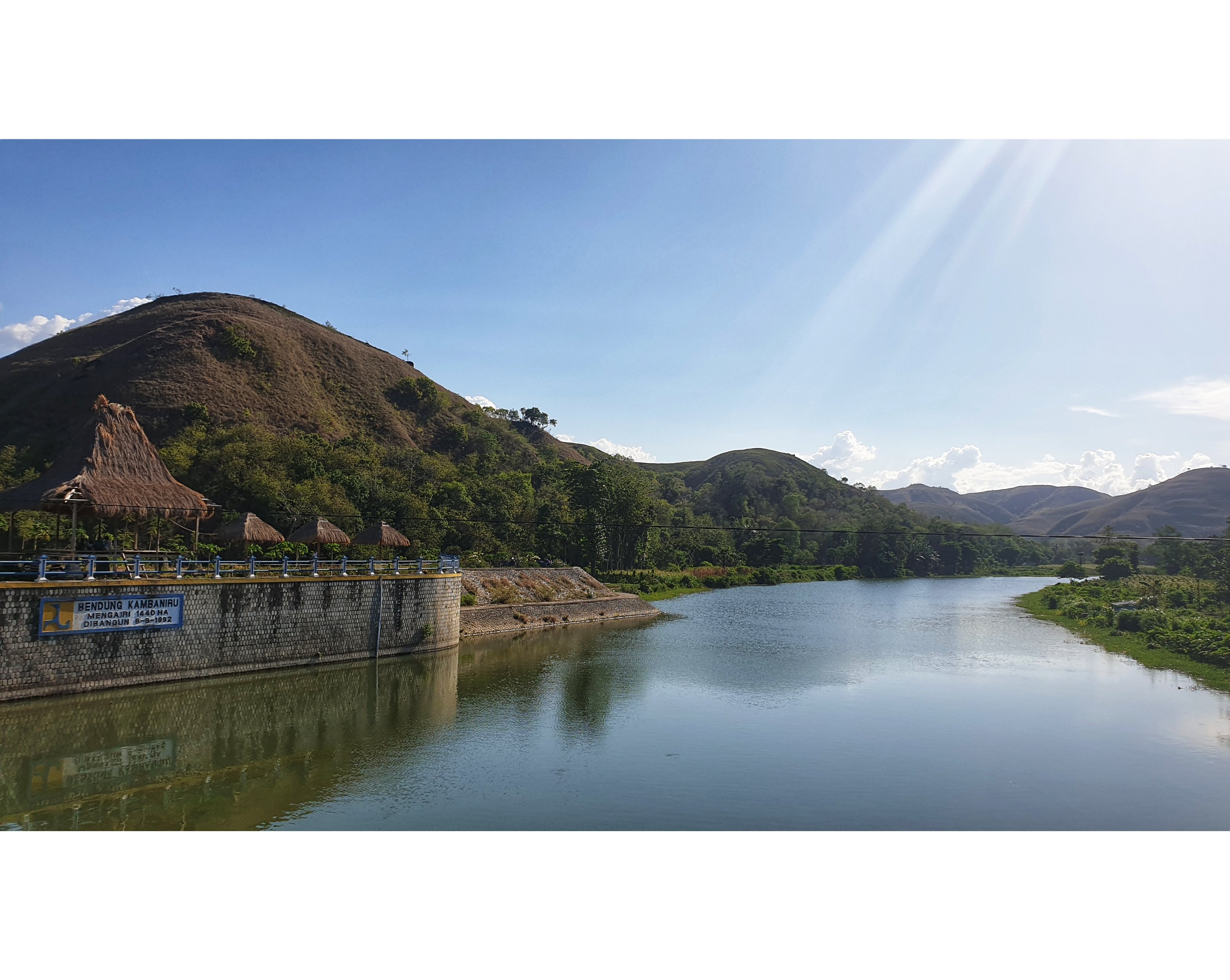
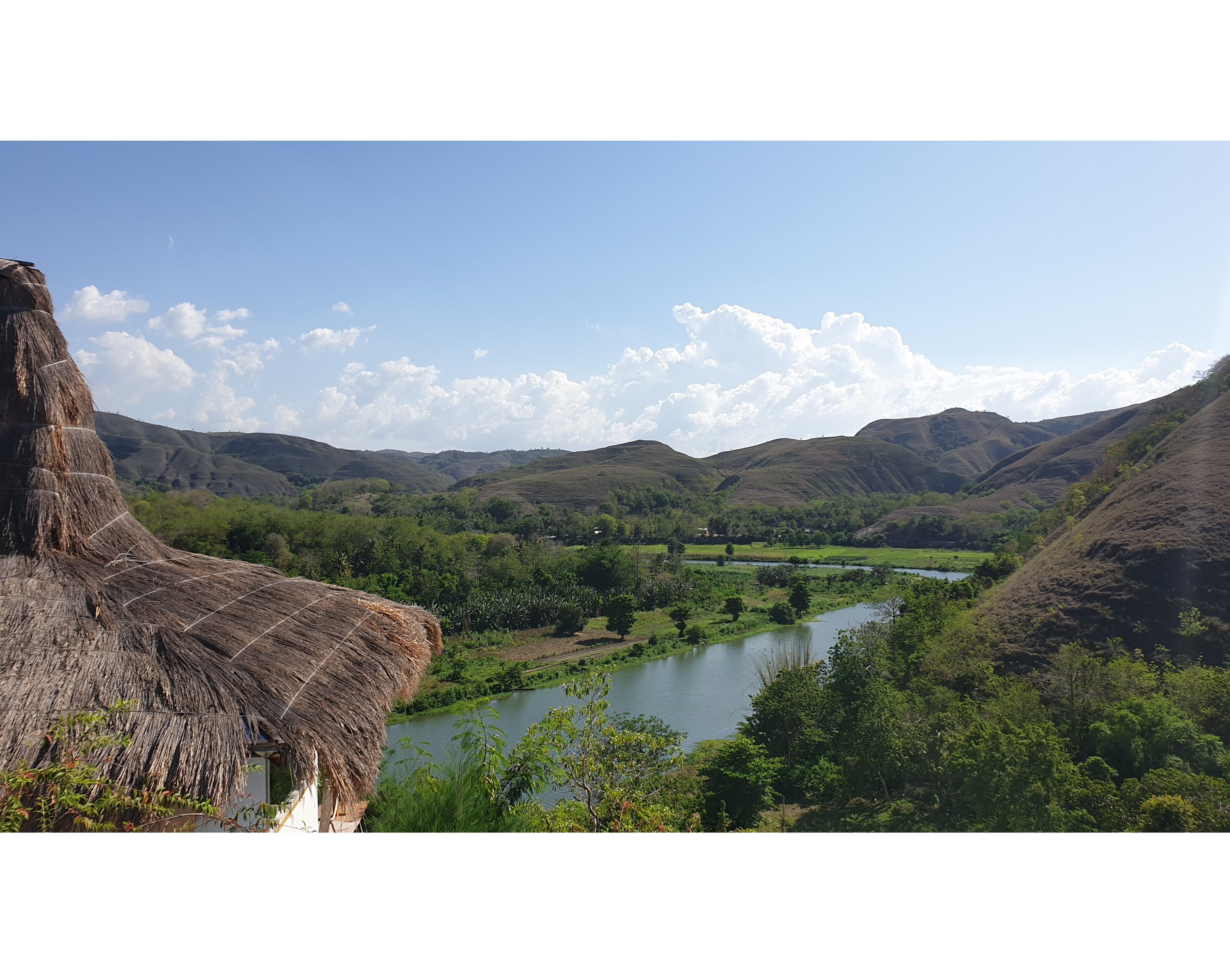
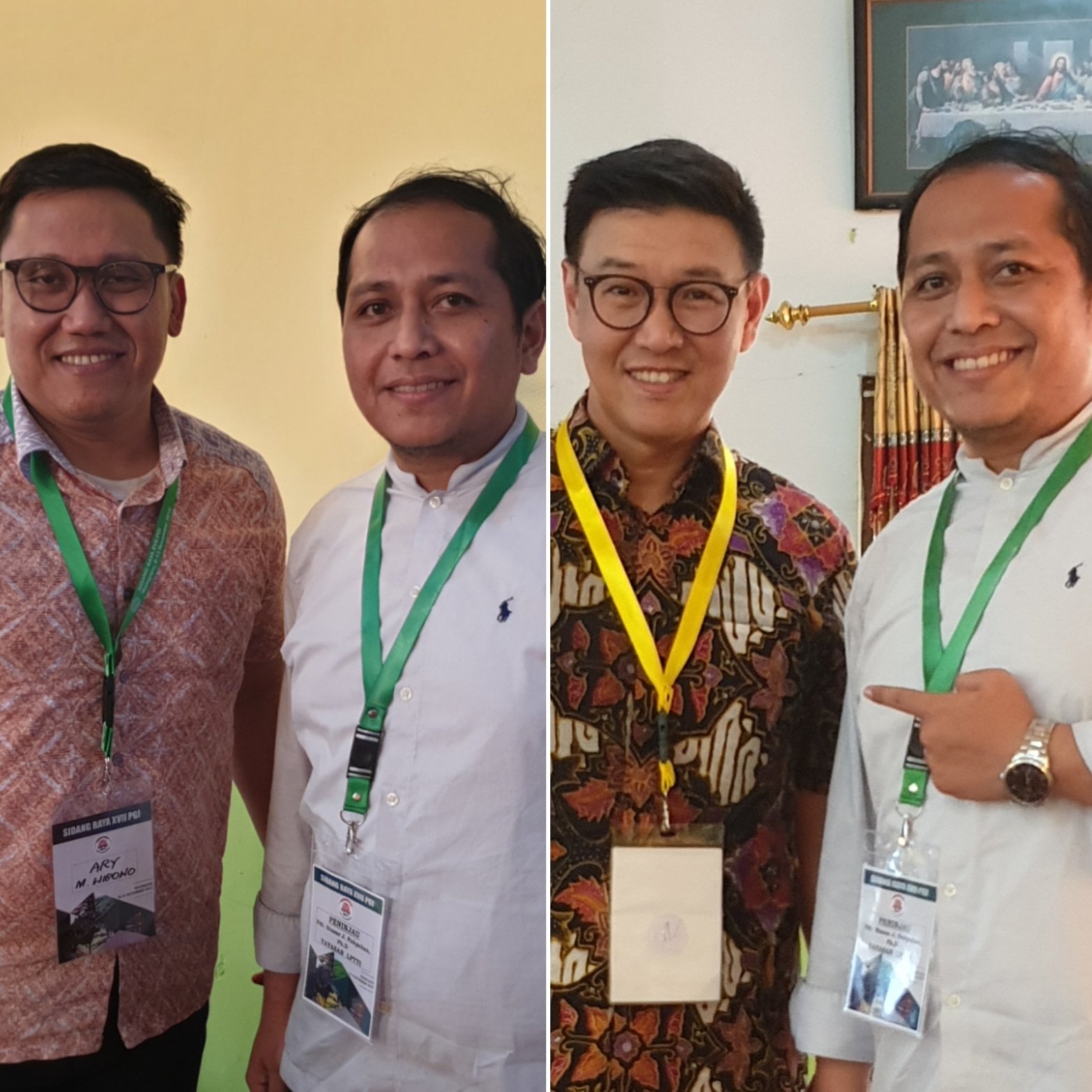
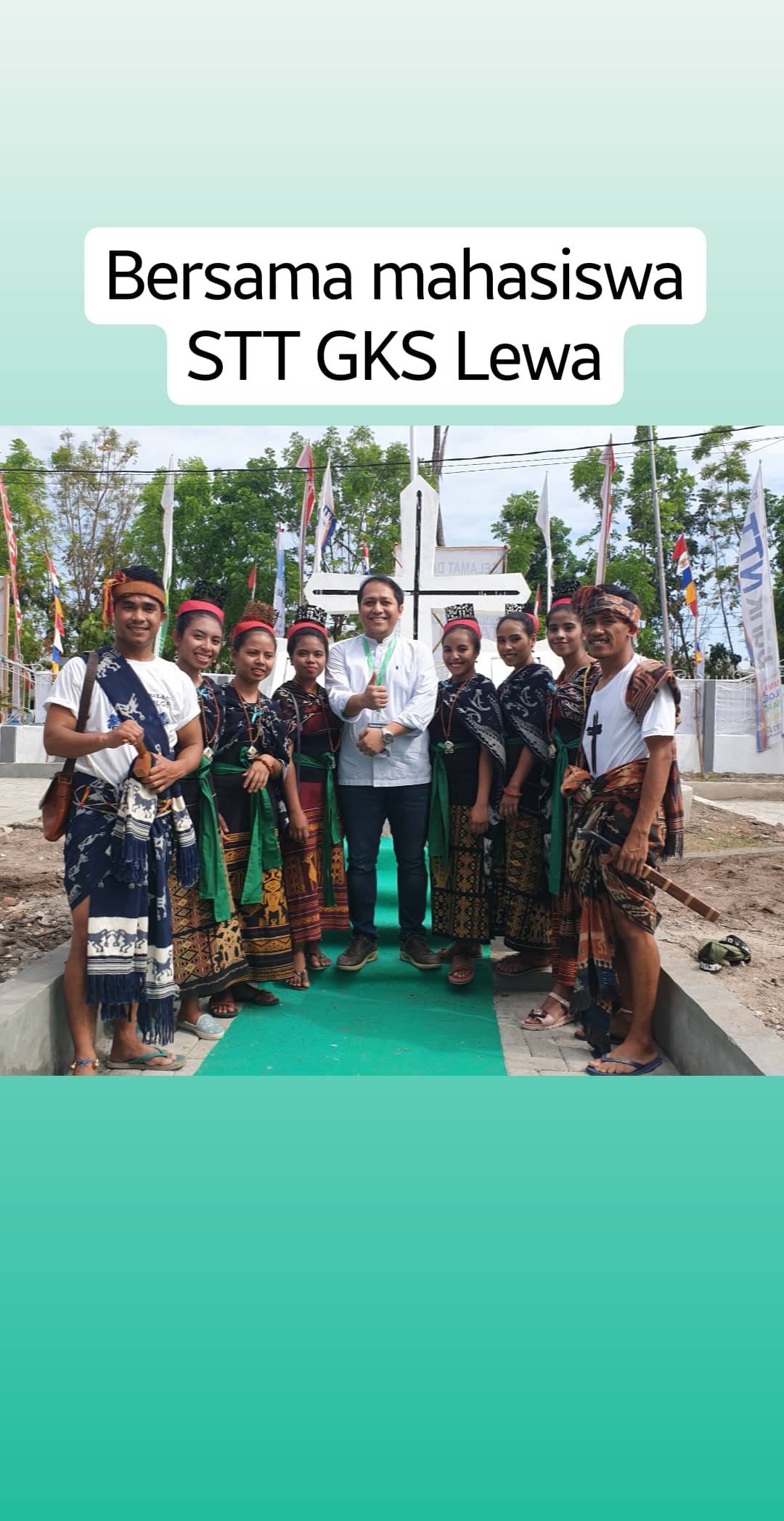
Viewed 155002 times by 37681 viewers




